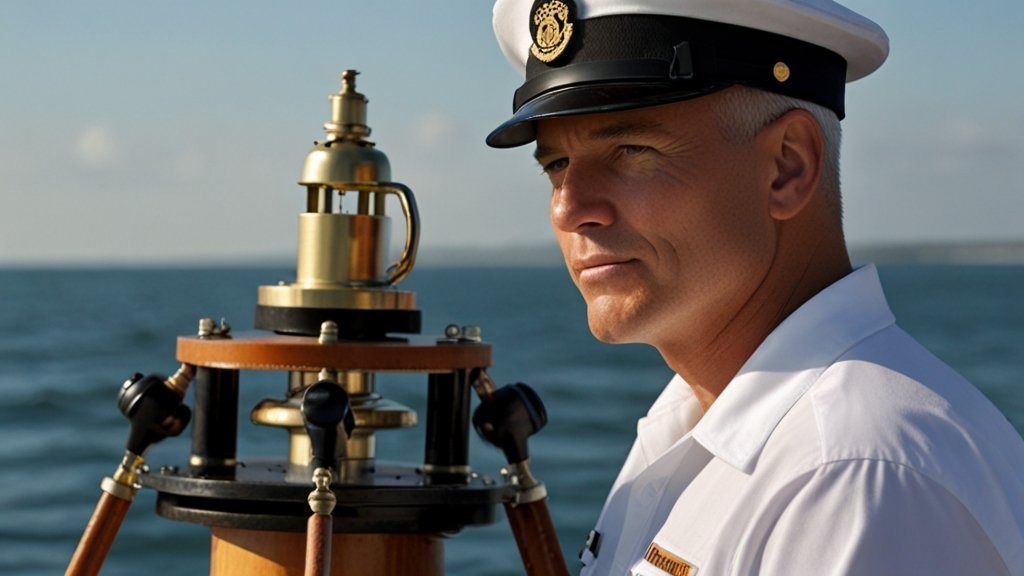Marine Surveyor
A marine surveyor is a professional responsible for inspecting and evaluating ships, boats, and other watercraft to ensure that they comply with safety, maintenance, and environmental standards. They can also provide recommendations for repairs, modifications or improvements.
Career Values, Traits and Skills
To thrive as a marine surveyor, you should possess excellent analytical, communication, and problem-solving skills. Also, you need to have a keen eye for detail, strong organizational skills, and the ability to work under pressure. Integrity, sound judgment, and high ethical standards are also critical to be successful in this line of work. Additionally, a natural attraction to the sea, a love of adventure, and an insatiable curiosity about the commercial and recreational boating industry are some of the values and traits that can make a marine surveyor excel in their profession.
Career Path
To become a marine surveyor, one typically needs a bachelor’s degree in naval architecture, marine engineering, or a related field. However, some marine surveyors may get started with a high school diploma and acquire relevant experience over time. Professional certification from organizations such as The Society of Accredited Marine Surveyors (SAMS) can help individuals stand out in the job market.
Marine surveyors can work independently or employed by regulatory bodies, shipping companies, insurance companies, vessel owners, boat brokers, and marine surveying firms. Appropriate certification from recognized bodies can significantly enhance one’s professional standing and allow for growth opportunities within the company.
Salary Range
The salary range for marine surveyors varies depending on factors such as education, certification, experience, and the employee’s location. According to Payscale.com, marine surveyors in the United States can earn an average salary of $63,000 per year.
Tips for Success
To be a successful marine surveyor, you need to stay updated on the latest regulations and industry practices. In addition, you should continue to improve your skills through professional development opportunities, such as attending workshops, seminars, and conferences on relevant topics. Building a strong professional network and conducting your practice with the highest ethical standards will also contribute to your success as a marine surveyor.
References
- Society of Accredited Marine Surveyors (SAMS)
- National Association of Marine Surveyors
- Payscale.com – Marine Surveyor Salary Information


